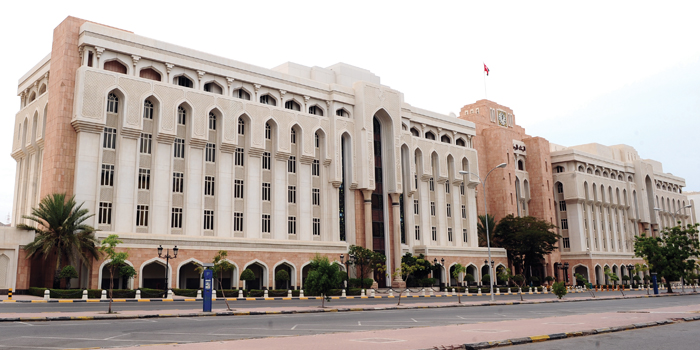
Muscat: Oman’s government has slashed 20 per cent from its subsidy bill over the past three years, according to the central bank’s annual report.
Subsidies and other current transfers fell from OMR562.3 million in 2013 to 451.5 million in 2016, according to data from the Central Bank of Oman (CBO).
Get your essential daily briefing delivered direct to your email inbox with our e-newsletter
With crude oil supplying around 80 per cent of total revenues, Oman recorded a deficit of 21 per cent of its GDP in 2016 as the oil price plunged to its lowest level in a decade and half. The government has been trimming its spending accordingly, all the while ensuring that lower income groups are protected.
Subsidies on fuel were lifted at the start of 2016 while the electricity subsidy for large or corporate consumers was lifted from January this year.
The government has reduced subsidy bills in other sectors too as Oman attempts to bring down its breakeven oil prices to below $70 a barrel.
“It is an important tool to balance the budgets. Subsidy distorts normal working of the economy. It may help certain income groups but the population has understood that such generous subsidies can’t last forever,” Fabio Scacciavillani, Chief Economist at Oman Investment Fund, said.
“People have taken it well. Most of them are now looking for fuel efficient cars while others are looking to use the least amount of fuel possible or fill up with the low cost variant of fuel,” Scacciavillani said, referring to the fuel subsidy removal last year.
Government data reveals that in the first six months of lifting the fuel subsidy, regular grade fuel witnessed a 265 per cent rise while the more expensive M95 consumption declined 21 per cent. The government has since capped the cost of regular grade fuel at 186bs/litre to help low income groups in the country.
“I think people have started to look more at fuel efficient cars. While most customers never asked us about fuel efficiency, or probably did not understand it, they have now started to enquire and their decision to buy the car is often dependent on this criterion. All models are fuel efficient but people still ask and want to know,” Suresh Nair, Marketing Manager at Towell Auto, said.
Scacciavillani added that if the government reduces subsidy bills by increasing efficiency, it is always a positive development as a lot of expenses go to cover inefficiencies across different government departments.
Spending on wages, salaries, allowances and others declined by 3.1 per cent to OMR3,305.9 million in 2016 from OMR 3,410.1 million in 2015, reversing the increasing trend exhibited over the last few years, the report added.
In a recent ministerial decision, all university staff except the dean, were barred from using government funds to obtain business class air tickets.
“I think the economic downturn has made us prudent about our expenses. Omani families that lavishly spent earlier are now thinking twice before spending. The step by step process has helped people get used to lower subsidies. Very soon we won’t find it hard to live without any government subsidies,” Mohammed Al Qasmi, a Muscat resident said, hailing the government reform strategy.
“The government has tried its best not to let it all trickle down to residents. As residents, we haven’t really felt any big effect. There has been rationalising of expenses and companies have begun to increase efficiency of their operations,” Raj Kumar Ahmed, CEO of Al Khalij said.